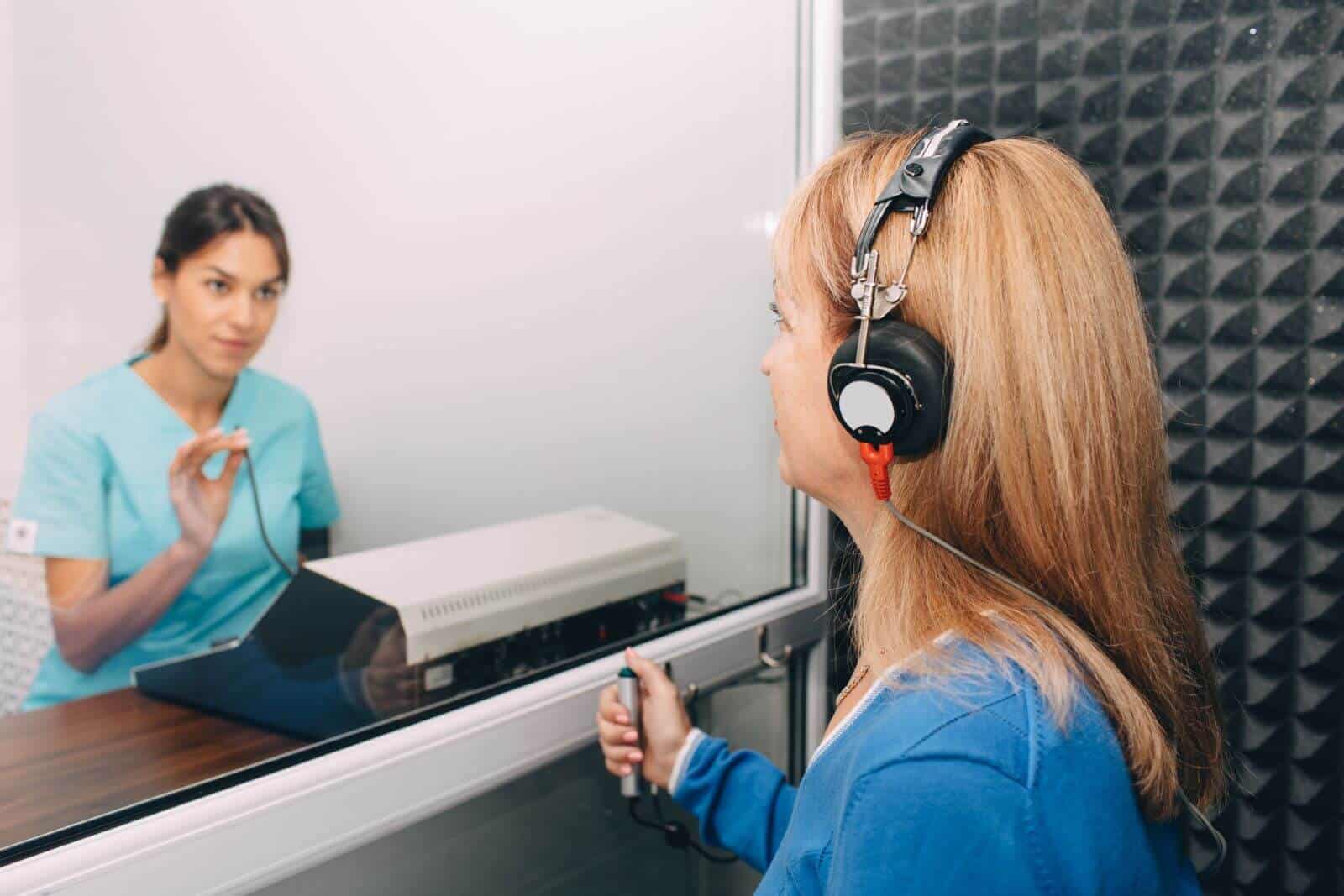
Do you have hearing loss? You may not even know it. Hearing loss can often develop slowly over years in subtle increments. You’ll rationalize these subtle losses in the quality of sound, issues hearing people whisper or the loss of birds chirping in the trees. Often, it’s not until hearing loss has progressed to the point where it’s a challenge to communicate even in the most ideal of listening situations that you’ll admit you have an issue and this is often seven to ten years down the line. Your hearing is important and while most people won’t think twice about attending an eye exam or general checkup, many people put off testing for hearing loss. Here are five reasons to schedule an annual hearing exam.
Identify potential problems early
Hearing loss is an irreversible condition in most instances, and practices in your life such as exposure to unsafe listening levels, or exposure to ototoxic medications can be identified easier once you acknowledge you have a problem. The thing is that your hearing loss will often progress so identifying an issue earlier can often be a motivating factor to help you take better care of your hearing.
The other thing to point out is that hearing loss doesn’t only make it hard to hear but has far reaching medical concerns which span from emotional health, cognitive health and increased physical risk. Issues with communication can build up into rifts in relationships at home, with friends, family and at work leading to lower self-esteem, depression, loneliness, and social anxiety. It also increases your risk of cognitive decline leading to higher rates of dementia later as well as doubling your risk of falls and accidents leading to hospitalization. The sooner you test and diagnose a hearing loss, the more of a chance you have of preventing many of these devastating and sometimes irreversible health risks which impact quality of life.
Compare to past baseline hearing tests
Most people should test their hearing every five years or so. This allows us to get a baseline idea of your hearing and monitor for any decline. However, certain factors increase your risk of hearing loss and mean it may be a good idea to test for hearing loss annually. This includes those 60 years or older, those who work in noisy environments, those who enjoy noisy hobbies or recreation and those who already have a diagnosed hearing loss.
Diagnose health concerns
Hearing loss can be caused by many factors including advanced age, exposure to unsafe levels of noises, and other underlying medical conditions such as diabetes, osteoporosis, hypertension or cardiovascular disease. Often the first signs of these serious comorbidities is tinnitus (ringing in the ears) or hearing loss.
Prevent further hearing damage
Knowing you have an issue with hearing is all some people need to know in order to prevent further damage. When you are able to identify the issues that are affecting your hearing it may garner more motivation to make life changes to support healthier hearing. This can be as simple as turning down the volume on your headphones or wearing hearing protection in potentially dangerous listening situations. It can also mean modifying your diet or exercise routine. It’s been found that diets and lifestyle choices which support healthy heart function, also support healthier hearing.
Start treatment if needed
Once you have the information that a hearing loss is present, we can offer you solutions. The most common and effective treatment for hearing loss is hearing aids. These tiny digital devices only keep getting more powerful and can be programmed to cater to your individual hearing needs based on your hearing exam. With hearing aids you’ll find that it’s easier to participate and follow conversations every day, giving you a revived sense of confidence that you may have felt has been missing for years. This may make you more inclined to go out, try new things and make new connections, living an active and healthier lifestyle.
You don’t need to suspect you have a hearing loss to test your hearing. It will just give you the information you need to make safer and more informed choices around your hearing health. If you are in a high-risk group for hearing loss, don’t wait till it gets worse! Be proactive and schedule a hearing exam with us today!
